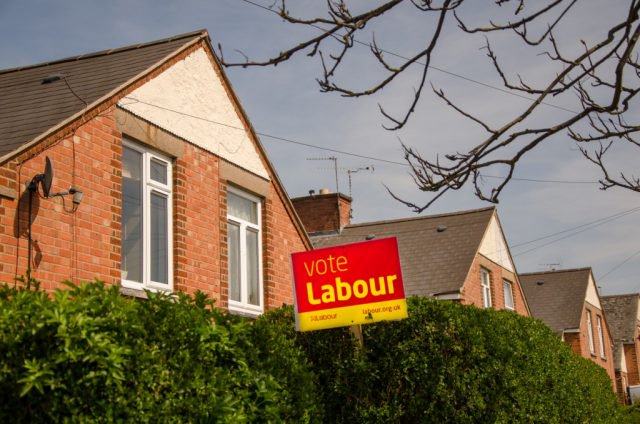Buy-to-let expert calls for sector reforms
A leading buy-to-let property expert has called for better enforcement and streamlining of legislation within the private rental sector.
Kate Faulkner wants to see the abolishment of what she calls a ‘two-tier’ rental market, where thousands of renters are forced to settle for, ‘sub-standard, illegal or even dangerous homes.’
Reforms
Faulkner, founder of PropertyChecklists.co.uk, is urging major reforms in the sector, in a report commissioned by the TDS Charitable Foundation.
In this report, Faulkner argues that there are a number of rules and regulations in the sector that are serving only to create confusion among landlords, agents, tenants and enforcement bodies alike.
It is suggested that a typical private landlord in England now has to comply with around 150 rules and regulations. This figure increases should the landlord wish to rent out their property to someone on benefits.
‘There are 4.4 million rental properties in England alone so reforming the market would help millions of people. Legislation should be streamlined and funding should be put in place to support enforcement,’[1] Faulkner noted.
‘Legislation varies dramatically across the UK, with different rules for England, Scotland, Wales and Northern Ireland. Landlords are typically over 55, and employed full-time, so often struggle to keep up with what constantly changing legislation they need to be aware of, and what bodies are responsible for enforcing them. Trading Standards, the Home Office, the Competition and Markets Authority, and local councils all enforce elements of private rental policy, and there is no single point of guidance for landlords and agencies to make sense of where jurisdictions begin and end,’ she continued.[1]

Buy-to-let expert calls for sector reforms
Geographical Disparities
In addition, Faulkner highlights the fact that there are substantial geographical differences from county to county.
London sees a massive difference in the number of rogue landlord prosecutions. The most recent figures indicate that Newham prosecuted 359 rogues, whereas Lambeth and Hammersmith had only 9 each.
However, Faulkner claims that local councils are not always to blame:
‘The issue needs to be tackled on a national level to ensure uniformity in enforcing laws designed to protect both tenants and landlords. Law-abiding agents and landlords are jumping through not inconsiderable hoops, and forking out to meet regulations, while the cowboys know enforcement is lax, and are cutting corners and costs.’[1]
Concluding, Faulkner said: ‘We need a coordinated national strategy on weeding out unenforceable, unclear, and confusing rules, and creating national standards, and enforcement policy. Whoever forms the next government must commit to backing an education campaign for those letting out property to inform them of the law, and how to raise complaints or issues.’[1]
‘By tightening up on implementing legislation, tenants will know what to expect, and how to bring rogue landlords to heel. By tackling the causes of the current two-tiered rental market, the quality of the UK’s rental stock will increase, providing better homes for tenants, and better standards for landlords and agents.’[1]
[1] https://www.landlordtoday.co.uk/breaking-news/2017/5/reform-the-private-rented-sector-so-that-it-is-fit-for-purpose-says-expert






